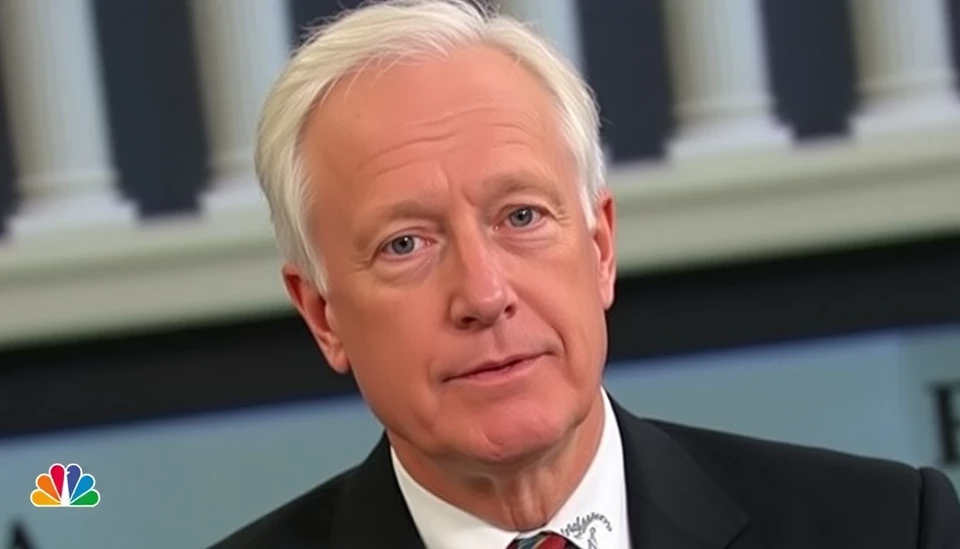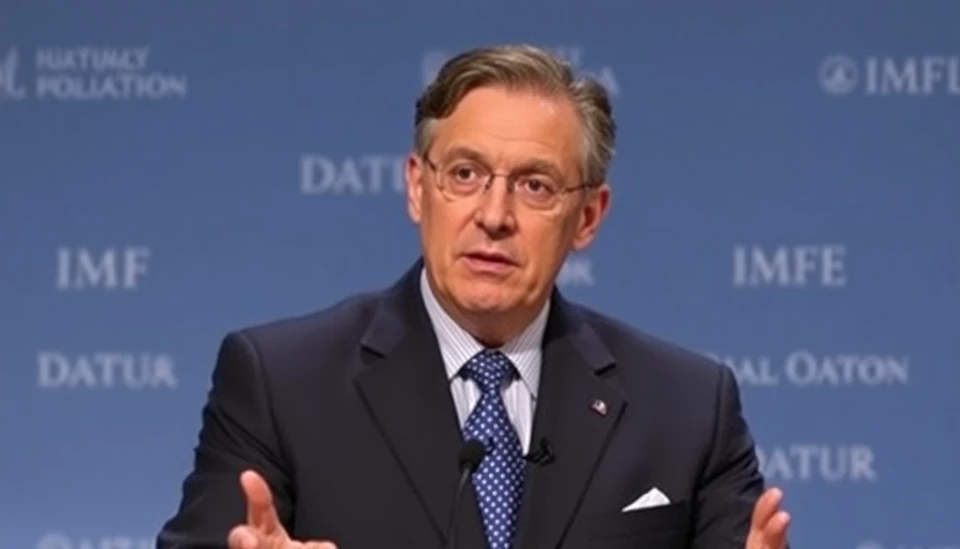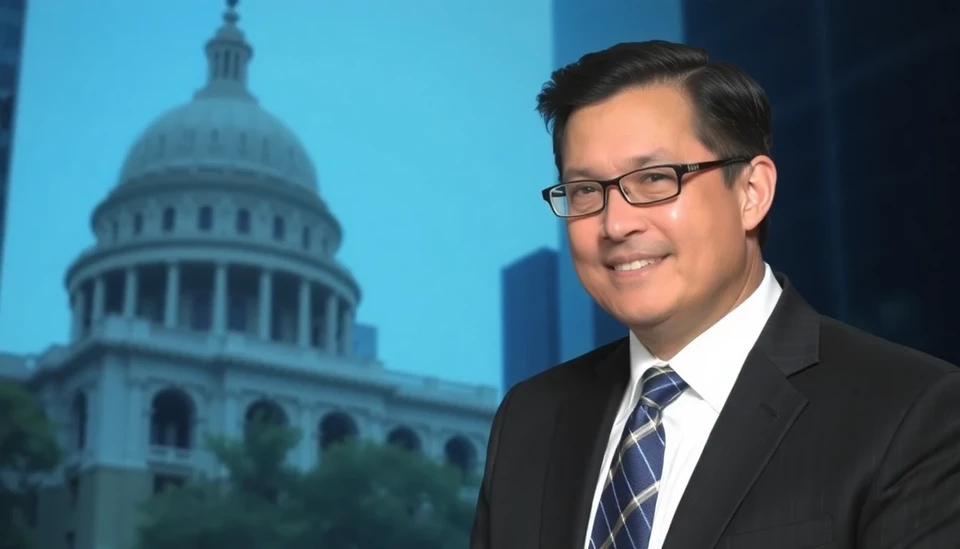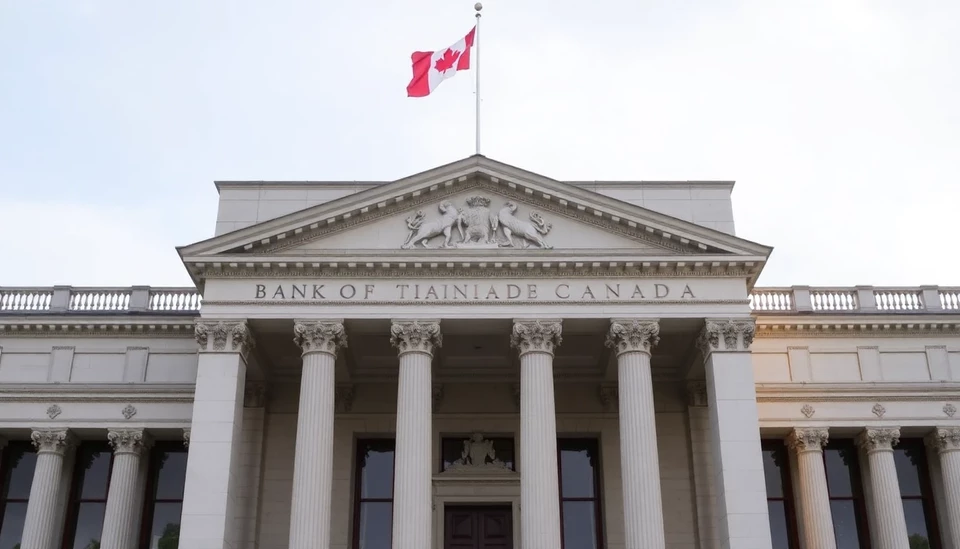
In a stark warning to the financial world, JPMorgan Chase CEO Jamie Dimon has expressed his belief that a recession is becoming the probable outcome due to escalating tariff upheavals. During a recent earnings call, Dimon outlined how ongoing trade tensions and inflationary pressures are creating a precarious economic environment.
The remarks come at a time when various sectors are grappling with increased costs, a situation exacerbated by the implementation of tariffs on critical imports. Dimon highlighted that U.S. consumers and businesses are feeling the brunt of these financial policies, which are impacting spending and investment decisions across the economy.
While Dimon has previously suggested that the U.S. economy could withstand such challenges, he now firmly believes that the cumulative effects of these tariffs may lead to reduced economic confidence. “The longer this escalates, the more it strains consumer budgets and company profitability,” Dimon stated, drawing attention to the difficulties faced by both individuals and corporations in adapting to these new financial realities.
Echoing Dimon’s concerns, economists have noted that the disruption caused by tariffs is not only affecting import costs but also reverberating throughout supply chains, compounding the issue of inflation. As businesses reassess their operational strategies and financial forecasts, a clearer picture is beginning to emerge: one that depicts an economy potentially on the edge of contraction.
Further compounding these fears is Dimon’s reference to other economic indicators that suggest a slowdown is on the horizon. He pointed out that consumer confidence has dipped and that hiring rates have shown signs of sluggishness, which could further tighten spending and growth trajectories in various sectors of the economy.
In terms of specific sectors impacted, the manufacturing and agricultural industries have been at the forefront of tariff impacts, with many companies reporting diminished profit margins. This disruption has not only affected domestic producers but has also had a collateral impact on international trade relationships, adding another layer of complexity to the U.S. economic outlook.
Amid these challenges, Dimon urged policymakers to seek resolution through dialogue rather than discord. He emphasized the importance of stable trade relations and pointed to the potential for an economic strategy centered around collaboration to mitigate the risks associated with tariff-related instability.
As the market braces for possible downturns, all eyes will be on forthcoming government policies and economic data releases that could either confirm or refute Dimon’s recession predictions. His candid assessment serves as a reminder of the intricate links between global trade dynamics and domestic economic health, highlighting the need for vigilance as the nation navigates these turbulent waters.
In summation, Jim Dimon’s recent comments underscore the precarious state of the economy as the influence of tariffs continues to loom large. With potential ramifications for consumers, businesses, and policymakers alike, the conversation surrounding trade and economic stability is sure to remain a focal point in the coming months.
#recession #tariffs #economicforecast #JPMorganChase #globaltrade #inflation #consumerconfidence #CEOinsights
Author: Daniel Foster




